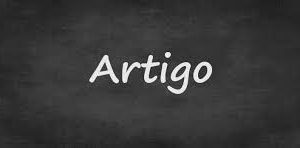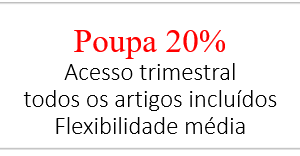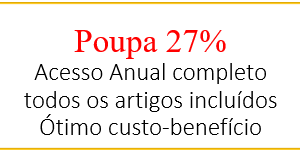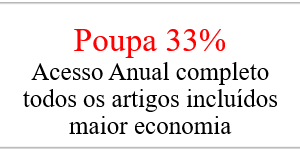- Venâncio Mondlane has issued a "decree" proposing measures such as reducing the prices of essential goods and suspending road tolls.
- Analyst highlights the risk of widespread civil disobedience.
Por Ricardo Dias
Maputo (MOZTIMES) – Two days after Daniel Chapo was sworn in as Mozambique’s 5th President, opposition leader Venâncio Mondlane, who continues to claim victory in the presidential election, announced a set of 25 measures referred to as “the first 100 days of governance initiatives.”
Among the announced measures are the suspension of road tolls, a reduction in electricity tariffs, and lower prices for construction materials such as cement. Mondlane went as far as publishing the measures in a "decree" within an informal bulletin called "Jornal do Povo," a parody of the government’s official gazette, Boletim da República.
Mondlane stated that these measures should be adhered to by everyone, including President Daniel Chapo. Initially dismissed by many, the population’s reaction has since proved otherwise.
On Tuesday, when the South African company Trans-African Concessions (TRAC) attempted to resume toll collection on the EN4 highway, which connects the cities of Maputo and Matola, gangs of young men rioted, preventing the tolls from being enforced.
Populist measures could derail governance
Sociologist João Feijó, in an interview, described many of Mondlane’s measures as populist, warning that they have the potential to undermine Daniel Chapo’s governance.
“Mondlane has decreed measures that the population will favour, but these could weaken the State’s ability to generate revenue. This could lead to widespread civil disobedience, effectively sabotaging Chapo’s governance,” Feijó explained.
The government is already grappling with significant financial challenges. Finance Minister Carla Louveira recently disclosed to Bloomberg that the State has lost approximately 42 billion meticais due to post-election protests.
“Venâncio Mondlane is leveraging this chaos. He is encouraging tax evasion, diminishing the State’s ability to manage the economy, and exploiting public discontent,” Feijó added.
Feijó highlighted that Chapo inherited deep structural issues from his predecessor, Filipe Nyusi, including social unrest, the insurgency in Cabo Delgado, and strikes within the public administration. Furthermore, he faces a political adversary who is publicly challenging his authority.
“They thought everything would end with the inauguration, but now there’s a new political culture. The public has lost its fear. The State continues to rely on intimidation and brutality, but this only strengthens its opponent,” he criticised.
Steps to reverse the situation
To address the crisis, Feijó suggested that Chapo take immediate actions to gain legitimacy among the population.
“On his first day in office, he should dismiss the General Commander of Police and announce an inquiry into abuses by security forces. Next, he should visit families of victims of the protests – both civilians and police officers – visit the injured in hospitals, and inspect detention cells to assess conditions. Finally, he should address the nation, acknowledging the violence on all sides and announcing compensation for the affected families,” Feijó suggested.
According to Feijó, such actions could help “calm the tension” in the country and create space for a more constructive dialogue. (RD)
(Shortly after this interview was held, on 23 January, Chapo did indeed sack the General Commander of the police, Bernadino Rafael).




















